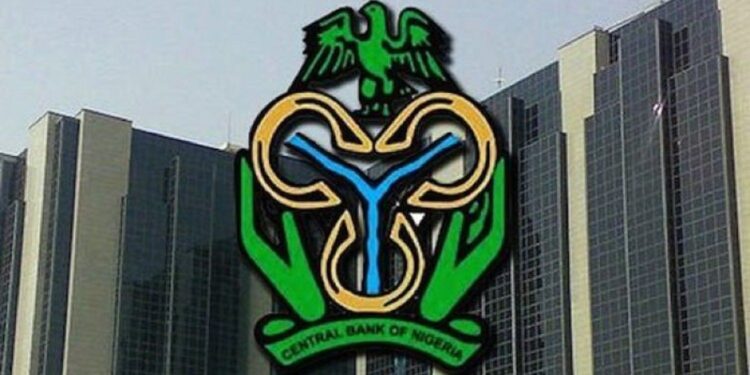The Central Bank of Nigeria (CBN) has conducted another successful Treasury Bills auction, selling a substantial N1.58 trillion as part of its ongoing efforts to manage liquidity in the financial system. The auction, held on February 21st, garnered significant interest from investors, with the CBN setting interest rates as high as 19%.
Divided into three categories based on tenors – 91-day, 182-day, and 364-day bills – the auction attracted strong subscription levels across all segments, reflecting heightened investor appetite amidst the current economic landscape.
For the 91-day bills, the CBN offered N11.96 trillion, with a stop rate of 17.00%, proving to be particularly attractive for short-term investors. Meanwhile, the 182-day bills saw N10.21 trillion on offer at a 17.50% stop rate, and the 364-day bills had the highest rate at 19.00% on a N243.32 trillion offer.
Subscription levels were robust across the board, with the 91-day bills receiving a subscription of N368.03 billion, resulting in an allotment ratio of 27.7x. This indicates a high demand for short-term government securities, with almost 28 units requested for every unit offered.
Similarly, the 182-day bills had a subscription of N98.69 billion, with an allotment ratio of 6.5x, while the 364-day bills witnessed a whopping N1.77 trillion subscription, leading to an allotment ratio of 4.9x. Allotments for the 182-day and 364-day bills amounted to N66.2 billion and N1.19 billion, respectively.
Bids ranged from 11.4400% to 21.0000% for the 91-day bills, 13.0000% to 20.3399% for the 182-day bills, and 15.0000% to 26.0000% for the 364-day bills, reflecting the variability of investor expectations regarding yield.
This auction follows the pattern of the previous one, where a total of N1 trillion was offered but oversubscribed, with investors staking a whopping N2.3 trillion. The one-year bill also attracted a 19% interest rate.
With this recent auction, the CBN has now sold about N2.5 trillion in the last two weeks, absorbing over N2.1 trillion in 364-day auctions, which is expected to cost the apex bank around N398 billion in interest payments. These actions align with the CBN’s strategy to tighten liquidity, curb inflation, and stabilize the currency, especially amidst current global economic uncertainties.
The increased interest rates on Treasury Bills are likely to influence borrowing costs across the economy, making the CBN’s moves critical for financial stability. The implications of these developments are expected to be a focal point of discussion in financial circles in the coming weeks.









